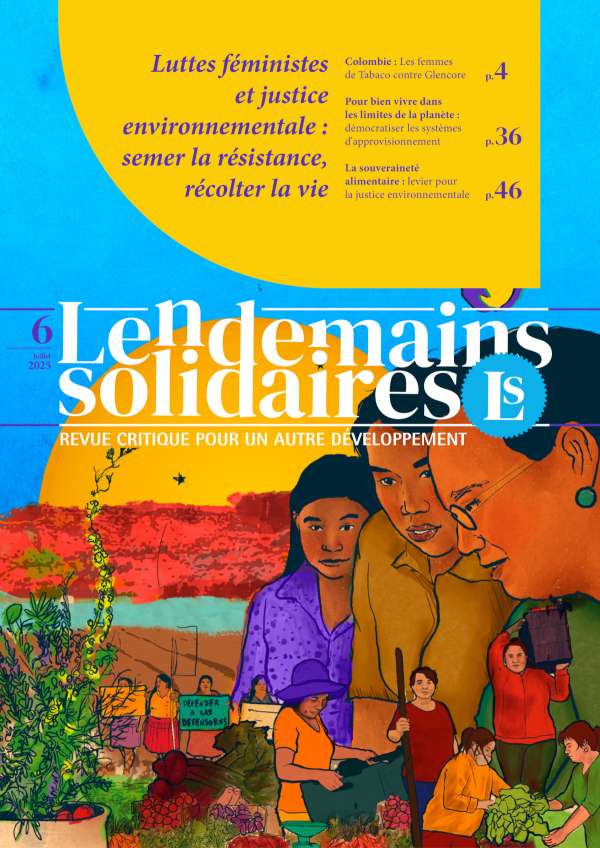CETIM focuses on the promotion and implementation of economic, social and cultural rights (ESCR). They are the backbone of human rights and a powerful tool for achieving a self determinated development model by peoples. This is particularly true for the most vulnerable and marginalised populations. Properly implemented, these rights contribute to the respect for human dignity and to the achievement of social justice. On the contrary, the violation of any of them can jeopardise the enjoyment of all the others.
The universality, indivisibility and interdependence of human rights are enshrined in international instruments. Yet, we are still a long way from their effective implementation for all, and ESCR are among the worst off. Indeed, the basic needs (food, water, health, housing, education) of a third of humanity are still not being met. In some respects, the situation has even deteriorated, including in the countries of the North. This is due to the fact that the policies adopted at economic level accentuate ESCR violations and cause
– increased poverty
– growing inequality across the world
– multiple crises (political, economic, financial, environmental, social and cultural).
By definition, human rights are designed to protect citizens from the arbitrary actions of the most powerful and their governments
The international health crisis linked to COVID-19 has only exacerbated this situation. It has also shown the importance of implementing public policies based on ESCR. In particular, the right to health, the right to housing, the right to food, the right to water, the right to work, the right to education and the right to social security.
But for human rights to be better respected, they must be known, they must be demanded and they must be enforced. However, victims are often unaware of their rights and of the mechanisms available to them for appealing (at national, regional or international level). States, which have an obligation to inform and educate their citizens about human rights, often fail in their duties.
The role played by civil society organisations and social movements in human rights education and training is therefore crucial
– to denounce human rights violations
– to contribute to the implementation of existing standards.
Cultural rights are a field still relatively unknown for which few research and information are available. Yet, cultural rights are cross-cutting issues and touch on fundamental questions for our societies. Through cultural rights, it is not only the issue of cultural diversity and participation to cultural life that is addressed, but also access to scientific […]
Continue reading
Access the Critical Report in PDF Can one justify a military intervention on humanitarian grounds? Theorists have repeatedly tried to offer a moral and legal legitimacy for interventions and meddling in the affairs of other states, all in the name of the protection of populations and human rights. From the nineteenth century’s “humanitarian intervention” to […]
Continue reading
HUMAN RIGHTS COUNCIL 23rd session 27 May – 14 June 2013 For over twenty years, the US embargo against Cuba has been condemned by an ever larger, and now overwhelming, majority of Member States of the United Nations General Assembly. In spite of the United Nations’ repeated injunctions, and in spite of accession to power […]
Continue reading
HUMAN RIGHTS COUNCIL 23rd session 27 May – 14 June 2013 [Excerpt of the declaration] The International Association of Democratic Lawyers (IADL) and the Europe – Third World Centre (CETIM) welcome the decision of the Special Rapporteur on extrajudicial, summary or arbitrary executions, in order to draw attention to the use of drones and other […]
Continue reading
Forty years after the coup d’Etat, Chile remains marked by two decades of military dictatorship. The democratic transition that followed is left incomplete: The current constitution was established under the rule of General Pinochet, the victims of the dictatorship only rarely receive compensation for their suffering. The process of democratization needs to continue so Chile can leave behind its dark period of history.
Continue reading
« Previous
1
…
20
21
22
23
24
…
45
Next »


